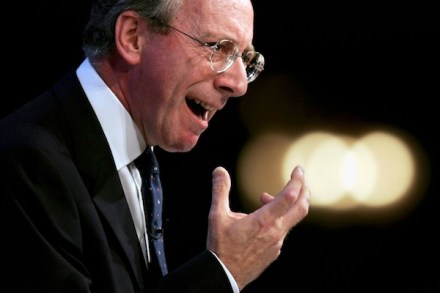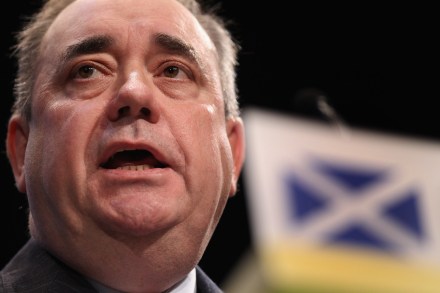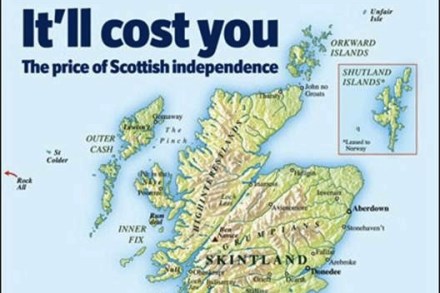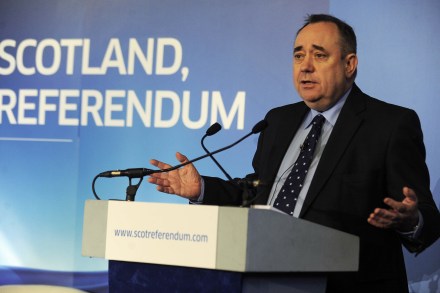The Union is safe
The Union is safe — at least if last night’s Spectator debate was anything to go by. The motion ‘It’s time to let Scotland go’ was defeated by 254 votes to 43. The SNP weren’t present (they demanded two representatives on the panel, and we refused), but independent nationalist Margo MacDonald opened the debate. I thought CoffeeHousers may be interested in a summary of proceedings. 1) Margo MacDonald (for the motion) focused on foreign misadventures: Scottish soldiers should not fight American wars with British guns that were a greater threat to their own side than to the enemy. Money saved would go to essential social security. She explained that




















